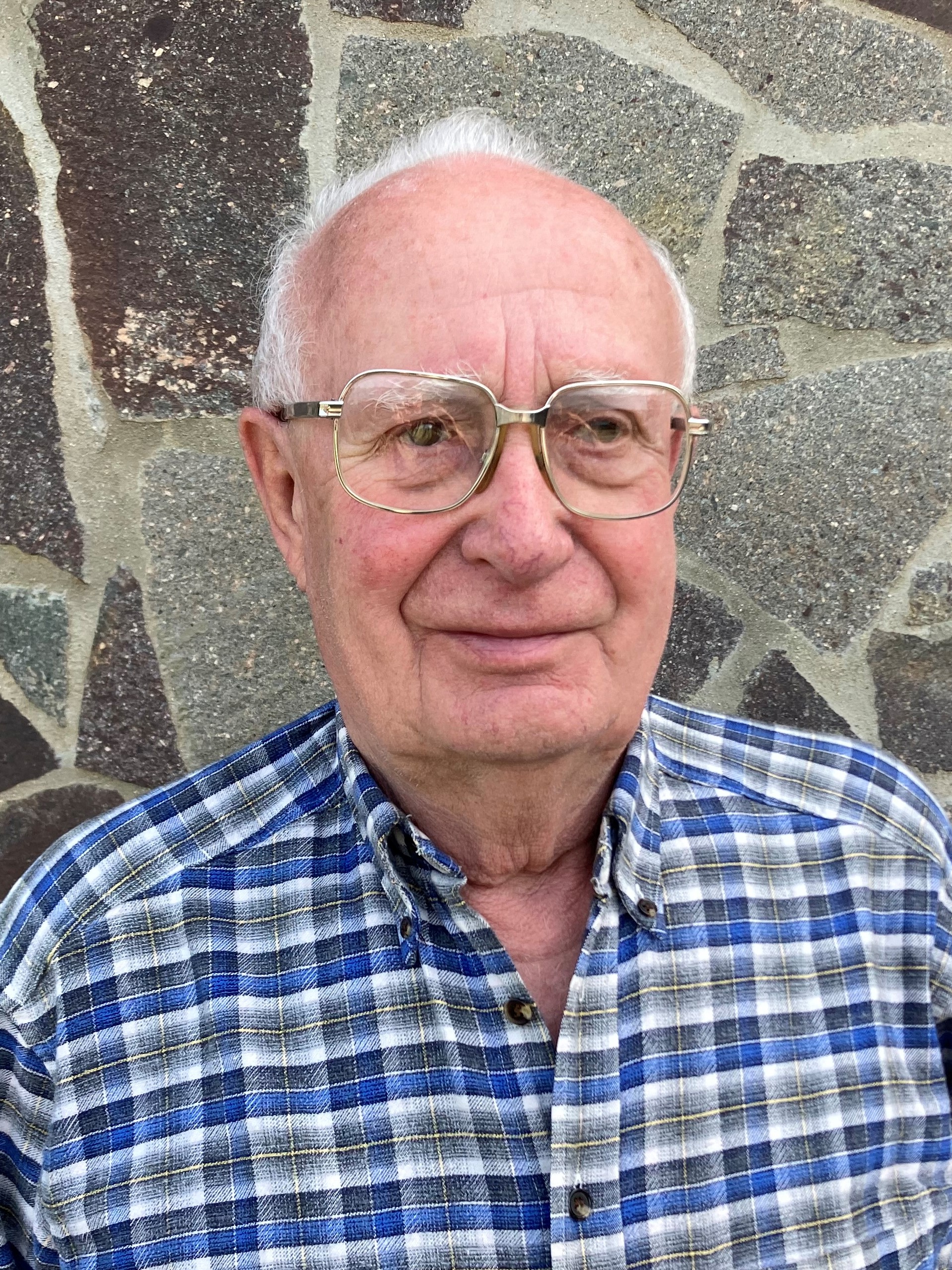They wouldn’t let Dad enter Terezín with medicine. So he rushed in with a handgun

Download image
Miloš Schütz was born on 1 May 1942 in Přelouč, Pardubice region. His mother Emílie was a photographer, his father Miloš was an officer in the Czechoslovak Army. After the army was dissolved in 1939, he set up a saw manufacturing business. He employed forty workers in his workshop, who thanks to him did not have to go to forced labour in the Third Reich. During the war years, his father secretly hid weapons, which he used to actively participate in the revolutionary events in May 1945. On 11 May 1945, on behalf of the Red Cross, he brought medicines to sick prisoners in Terezín. Miloš Schütz trained as a machine fitter, worked at Adamov Machine Works in the 1960s, and from the 1970s at the Drukov metalworking cooperative. His lifelong passion is motoring. He still has a fully mobile authorized popular car in his garage, marked MIS 350. It was built in the 1950s by his father, also a car and motorcycle enthusiast, who took part in a number of races during the First Republic. In 2023 Miloš Schütz was living in Bílovice nad Svitavou.










